Life
Sign up for our newsletter
We summarize the week's scientific breakthroughs every Thursday.
-
 Neuroscience
NeuroscienceBrain waves of concertgoers sync up at shows
During a live musical performance, audience members’ brain waves get in sync.
-
 Neuroscience
NeuroscienceParents’ presence promotes a child’s pluck
Parents’ presence or absence during a learning exercise determines whether their child is fearful later, or willing to explore.
-
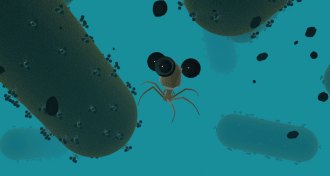 Life
Life‘Nanobot’ viruses tag and round up bacteria in food and water
Viruses called phages evolved to hunt bacteria. With magnetic nanoparticles and genetic engineering, they become nanobots that work for us.
-
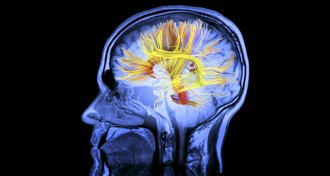 Neuroscience
NeuroscienceWhen tickling the brain to stimulate memory, location matters
Conflicting results regarding the benefits of brain stimulation may be explained by the precise location of electrodes.
-
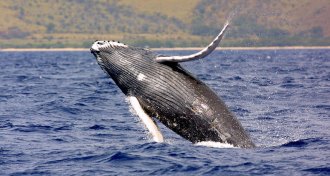 Animals
AnimalsHumpback whale bumps have marine biologists stumped
Christine Gabriele is taking tissue samples from humpback whales in Hawaii to determine why more and more have nodular dermatitis.
-
 Ecosystems
Ecosystems50 years ago, invasive species traveled the Suez Canal
Hundreds of Red Sea species used the Suez Canal to migrate to the Mediterranean Sea, leading to the decline of some native species.
By Kyle Plantz -
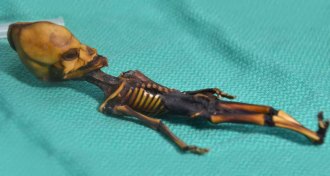 Genetics
GeneticsAtacama mummy’s deformities were unduly sensationalized
A malformed human mummy known as Ata has been sensationalized as alien. A DNA analysis helps overturn that misconception.
By Dan Garisto -
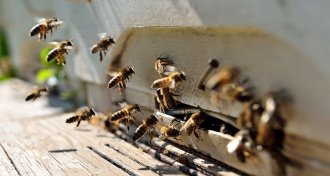 Environment
EnvironmentHow bees defend against some controversial insecticides
Some bees have enzymes that allow them to resist toxic compounds in some neonicotinoid pesticides.
By Dan Garisto -
 Life
LifeEarwigs take origami to extremes to fold their wings
Stretchy joints let earwig wings flip quickly between folded and unfurled.
-
 Science & Society
Science & SocietyWhy it’s great to have a geologist in the house
Editor in Chief Nancy Shute enthuses about learning how ancient plans may have helped make Earth muddy.
By Nancy Shute -
 Animals
AnimalsHow oral vaccines could save Ethiopian wolves from extinction
A mass oral vaccination program in Ethiopian wolves could pave the way for other endangered species and help humans, too.
-
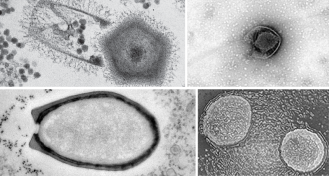 Life
LifeMeet the giants among viruses
For decades, all viruses were thought to be small and simple. But the discovery of more and more giant viruses shows that’s not the case.